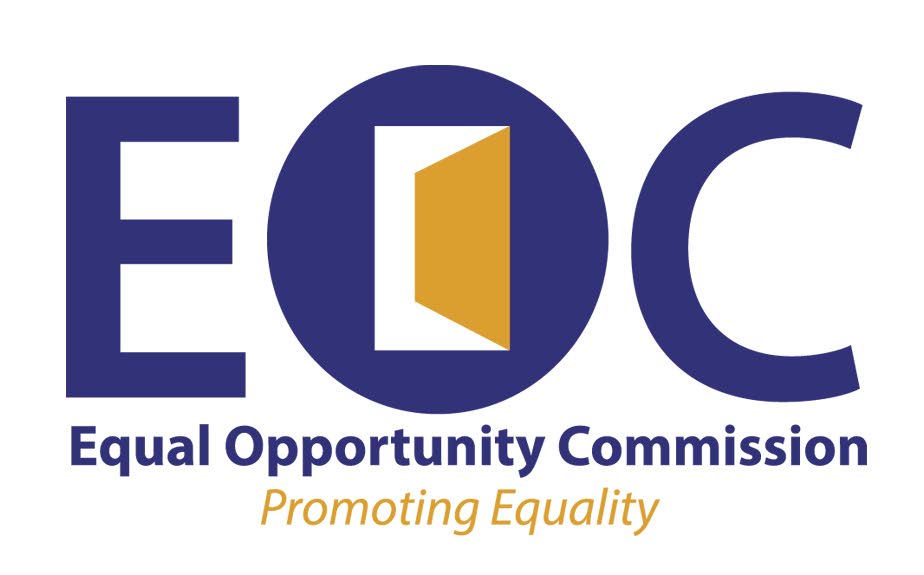Towards equality, human rights for all

Newsday today begins a new column by the Equal Opportunity Commission (EOC). It will appear on Mondays in the newspaper on the online Newsday.
IT IS not by chance that TT can be considered an evolving society where every creed and race have an equal place to consider as home.
Today, after 59 years of independence and 45 years as a republic, the people of TT have in essence captured the elusive spirit of tolerance and inclusiveness, living and working side by side with each other.
The celebrations of our rich and diverse cultures, like Carnival, Divali, Eid-ul-Fitr, Easter and Hosay, to list but a few, are all widely followed and supported across the wide spectrum of the society.
The leadership list of the republic of TT can stand above many long established democracies in the world in the selection of its prime ministers from different religions, ethnicities, races, genders and geography, coming from both islands.
This is no trifling achievement in the absence of any form of political or racial violence come election time and the changing of governments seamlessly on all occasions since independence in 1962.
It is this unique foundation of tolerance and inclusiveness that makes the Equal Opportunity Commission a critical institution with a mandate, under the Equal Opportunity Act, to be the instrument for the continued achievement as a society where many forms of discrimination are rendered redundant. It is only in the absence of discrimination that a country such as TT can harvest its full potential from its diverse and cosmopolitan society.
While as a nation we are not where we seek to be, we are on our way there. The commission is well aware that inclusivity is both a latent and patent obstacle or enabler to national equality and human rights for all.
The act, though somewhat limited in its scope of status grounds covered, is a powerful and progressive piece of legislation. For citizens, employers and people with disabilities, the act created a remedy that had not existed before the legislation to address and bring justice for those who had been discriminated against.
For instance, before the Equal Opportunity Act, if an employee was discriminated against in the workplace, that person could only seek justice through the Industrial Relations Court, citing breach of good employer/employee relations. With the act, that employee can lodge a complaint at the EOC on the specific grounds of discrimination based on an inherent characteristic.
It is critical to identify and bring redress for those who have been discriminated against so that there is continued movement to a society based on merit. This applies to individuals outside of the workplace context.
The Constitution is between the State and citizens, but the act applies to the public and private sectors. Individuals can lodge complaints against other individuals, businesses, landlords, educational institutions and employers.
The Equal Opportunity Act is a beacon of possibilities for a nation that is already learning to match each other’s steps in unity, aware and largely accepting of the differences that give our nation its distinctive and captivating identity.
It is indeed a fitting time to pause and examine our journey of six odd decades as a multicultural and diverse democracy and be reminded to treat each other with dignity and respect.
The Equal Opportunity Commission was established by the Equal Opportunity Act to implement the act


Comments
"Towards equality, human rights for all"